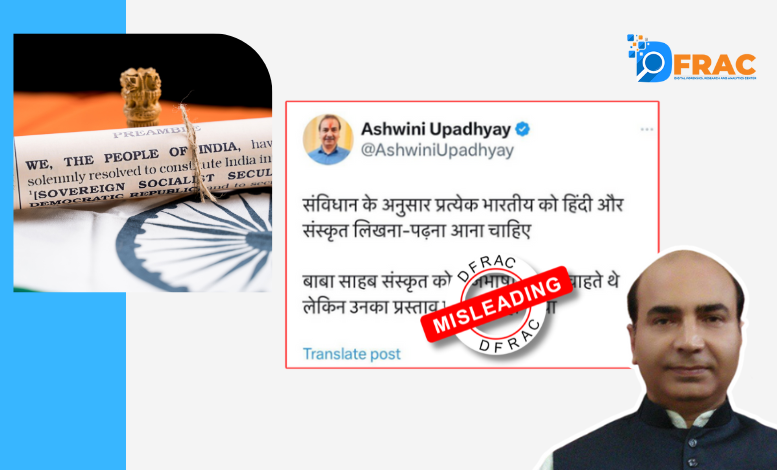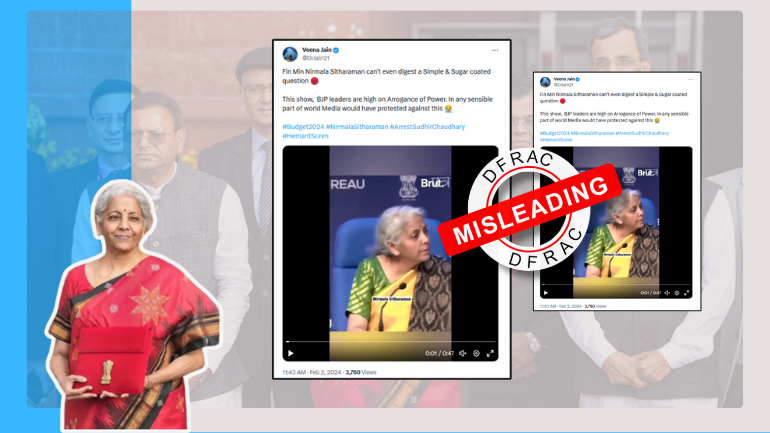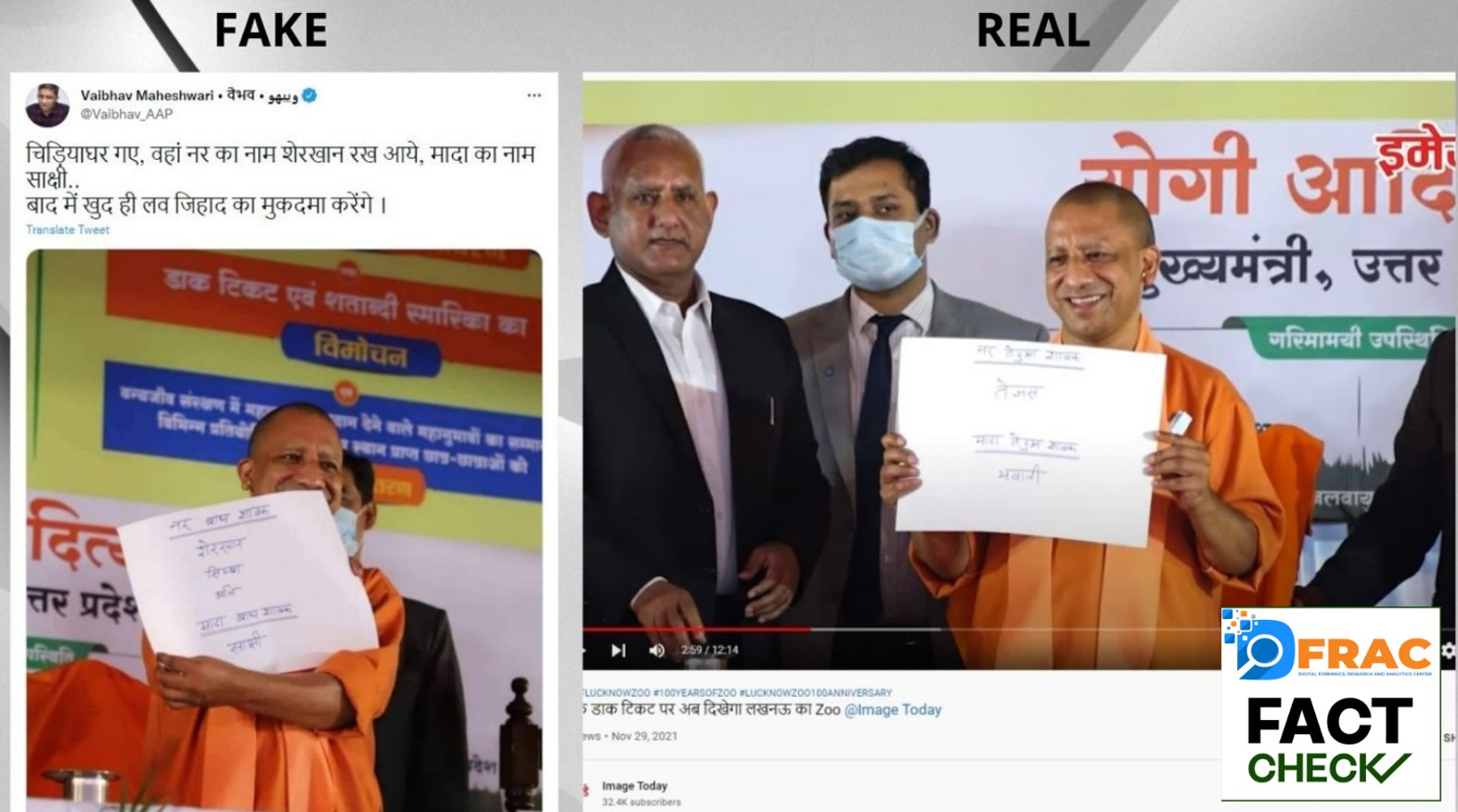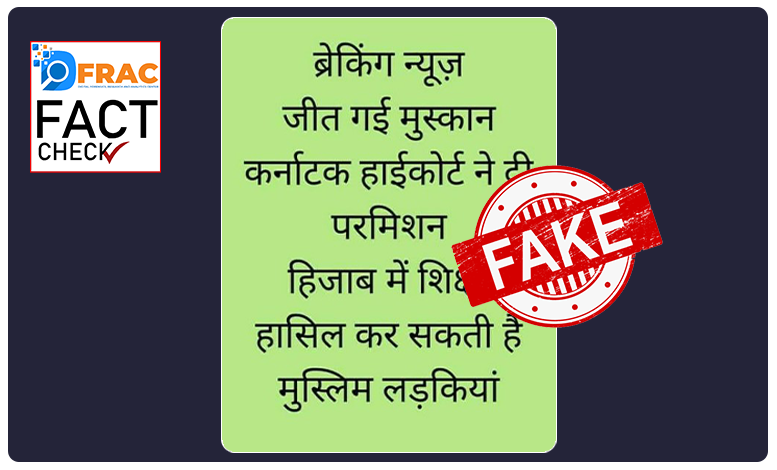A claim is going viral on social media that it is said in the Constitution that every Indian citizen should know how to read and write Hindi and Sanskrit languages.
Former BJP leader and Supreme Court lawyer Ashwani Upadhyay has reposted a post on social media platform quoting,” Baba Saheb wanted to make Sanskrit the official language but his proposal could not be passed.”
Other social media users are making similar claims by almost copy-pasting Ashwani Upadhyay’s post.

Fact check
To investigate the viral claim, the DFRAC team searched some keywords on Google in this context. During this process the team found some media reports.
Indian Express in their article states that more than 100 languages and 270 mother tongues are spoken in the entire country. However, the Constitution does not list any one language as the ‘national language’ of India.
Clause 1 of Article 343 (‘Official language of the Union’) states, ‘The official language of the Union shall be Hindi in the Devanagari script’, and “The form of figures used for the official purposes of the Union shall be international.”
Article 351 (‘Guidelines for the Development of the Hindi Language’) states, “It is the duty of the Union to promote the spread of the Hindi language and to ensure its development so that it can serve as a medium of expression for all elements of India’s composite culture.”

According to an article published by BBC Hindi that on 14 Sep 1949, the Indian Constitution did not give Hindi the status of a national language, but rather as an official language through articles 343 to 351. In the 1960s, after several violent clashes in non-Hindi-speaking states, Parliament abandoned the idea of having a national language.

India is a country with linguistic diversity. The DFRAC team has found that according to the constitution, it is not mandatory for every Indian citizen to know how to read and write in Hindi and Sanskrit.
The constitution of India recognizes 22 official languages, including Hindi and Sanskrit, and empowers states to specify their official languages. The use of Hindi for the official purposes of the central government is mentioned in Article 343 of the Indian constitution.
Conclusion
This fact-check by DFRAC clearly shows that according to the constitution, it is not mandatory to know how to read and write in Hindi and Sanskrit. Therefore, the claims made by Ashwani Upadhyay and others are misleading and incorrect.





